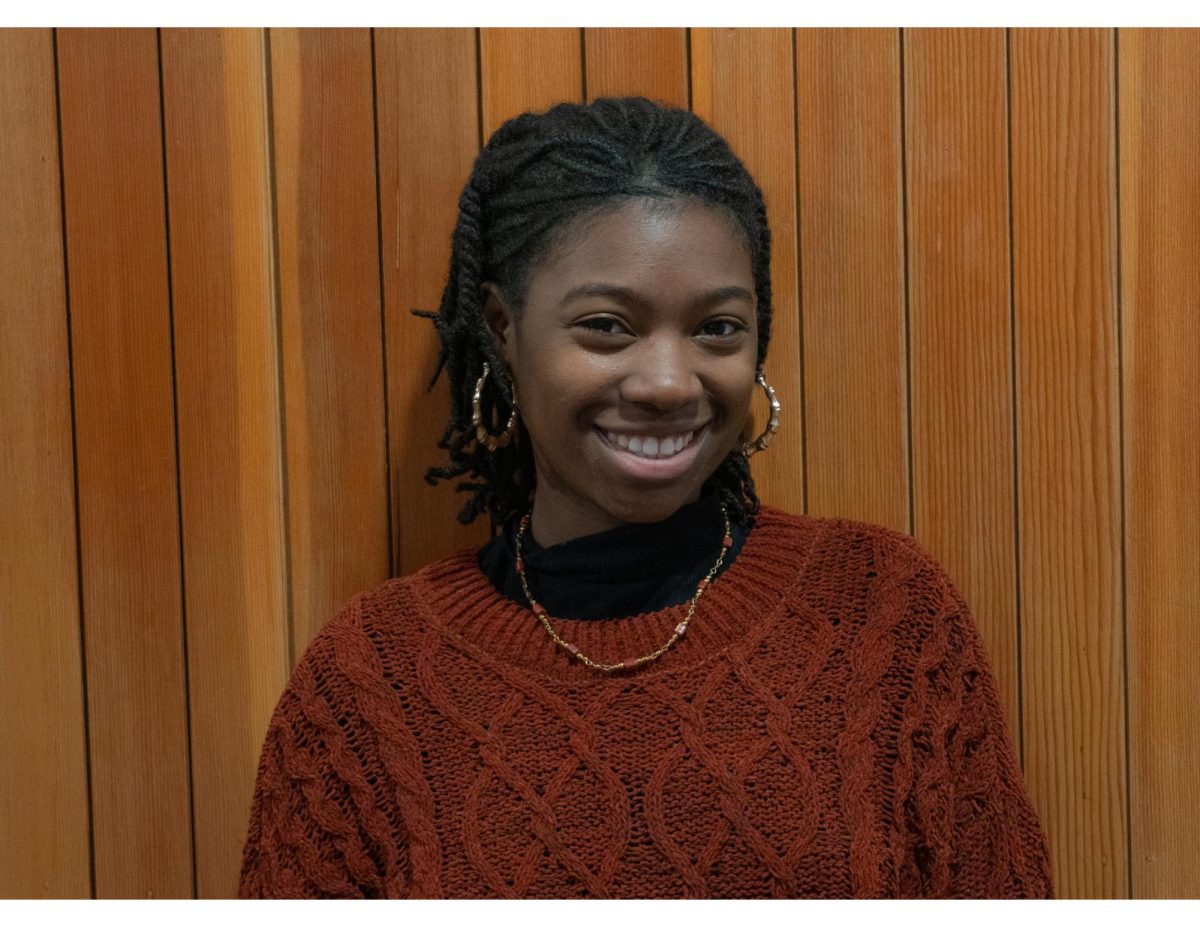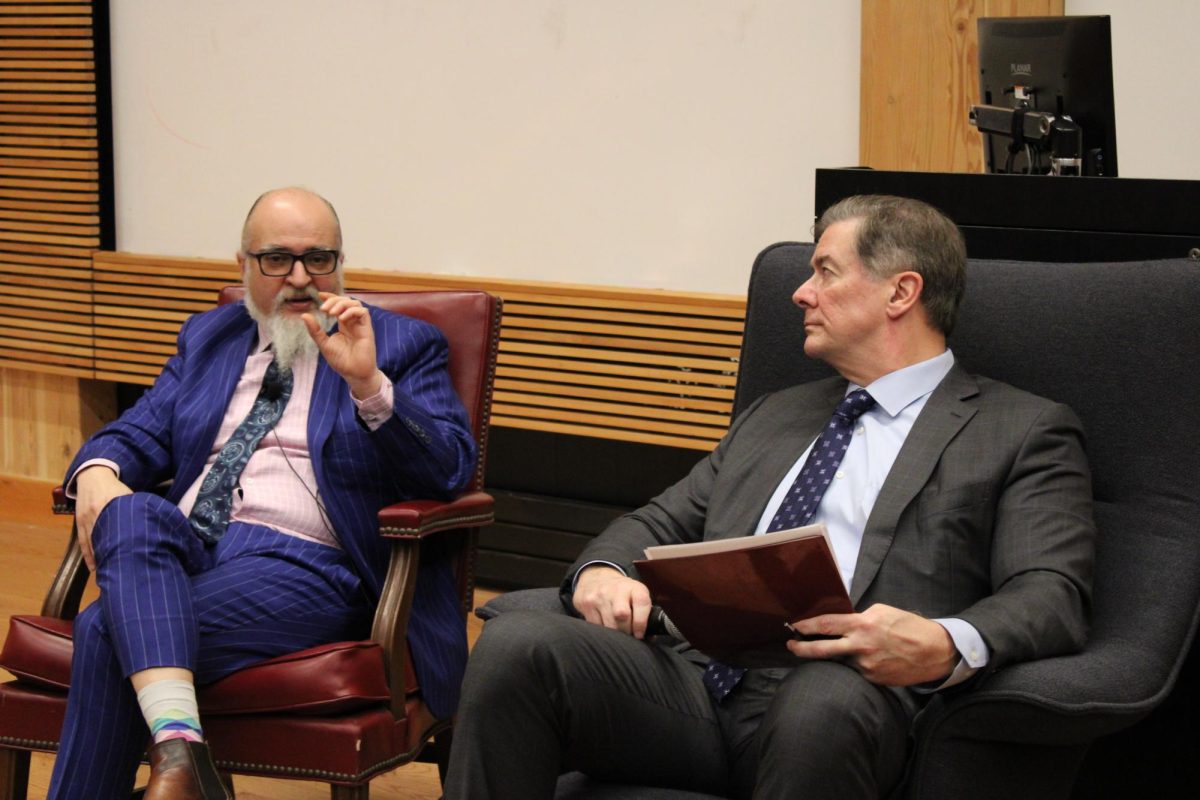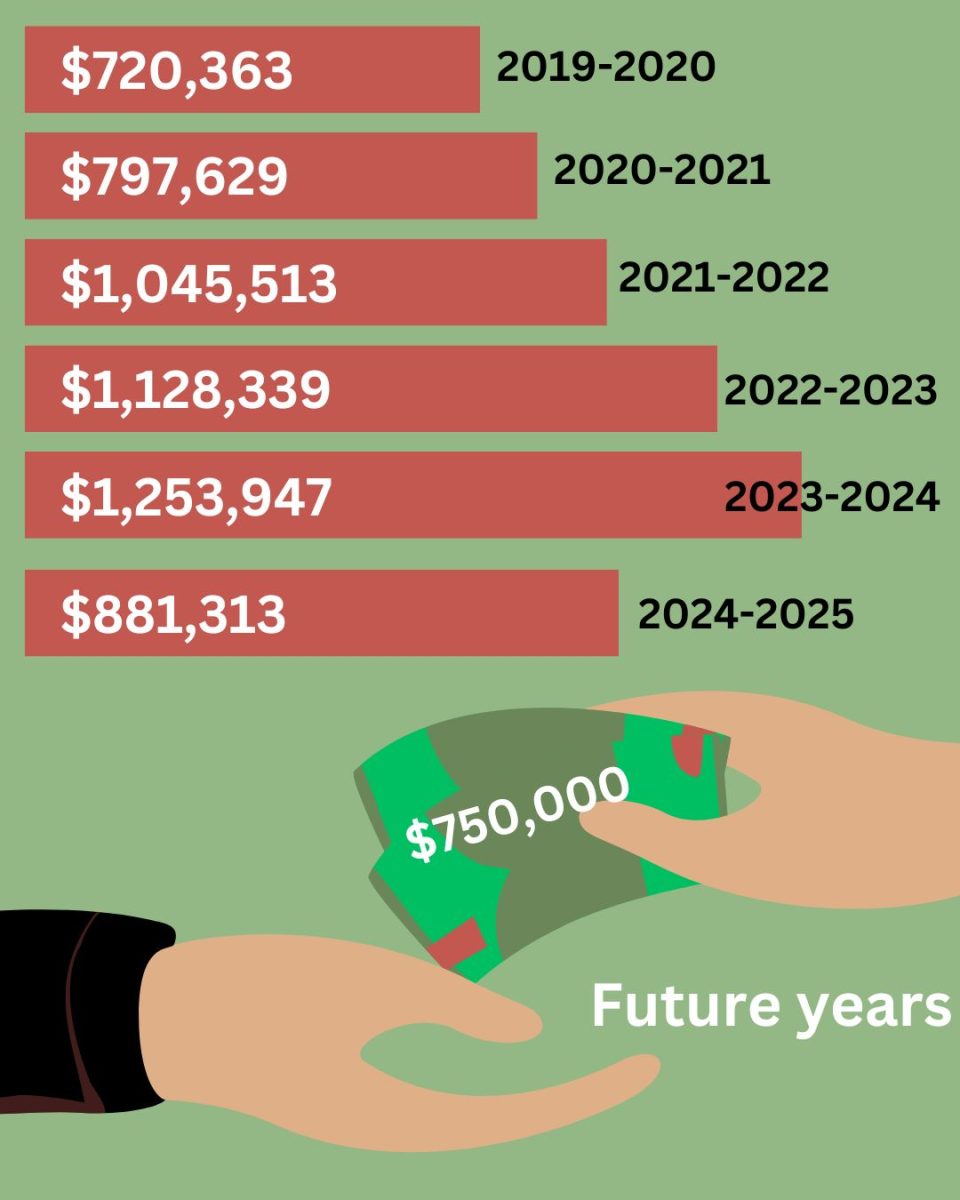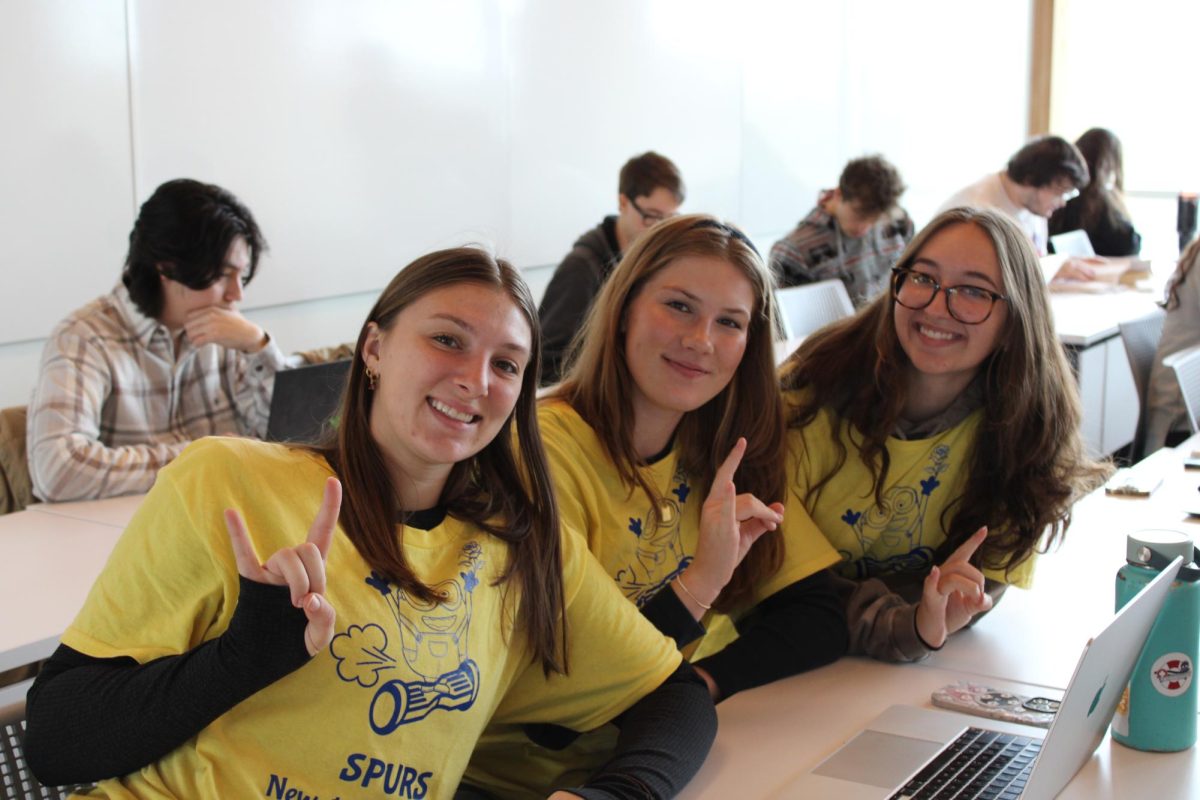On October 21, Trinity Progressives screened of part of the movie The Mask You Live In and had a discussion on gender roles and stereotypes. The showing was a follow-up to the organization’s showing of Miss Representation last year.
“Last year we showed Miss Representation and it was really successful. We really like the topic of gender stereotypes and the effects they have on everyone. This is the sequel to that so it was a natural stepping-stone,” said Nick Santulli, a sophomore at Trinity and debate coordinator for Trinity Progressives.
The movie was shown as a continuation of the campus’ discussion on gender and gender stereotypes in society.
“People responded to it really well so we thought it would be good to show the other side of things and see why men feel the need to be more masculine in society,” said Beth Legg, a Trinity sophomore and president of Trinity Progressives.
The movie deals with issues regarding masculinity and the struggles men and boys face in society.
According to the movie’s website, “The Mask You Live In follows boys and young men as they struggle to stay true to themselves while negotiating America’s narrow definition of masculinity.”
Only one hour was shown of the movie to narrow the conversation. The clips were chosen to showcase the strongest and most provocative parts of the movie.
“We just thought that if we wanted to focus on masculinity this part really did the best job of that,” said Jennifer Henderson, professor of communications at Trinity.
After showing the clip a discussion about issues brought up in the movie was led my communications professors Jennifer Henderson and Aaron Delwiche. Students shared whether they agreed with the movie’s argument about the portrayal of gender.
“Looking back to elementary school I remember we would all go in the same cafeteria but the girls would all sit on one side of the cafeteria and the boys would sit on the other side. It was always just how it was done,” said Becca Burt, a senior at Trinity.
The group also discussed the title of the film and the masks people wear in their everyday lives.
“How do you start to break the cycle of this masculinity, I guess, you know how do you start having to not put on that particular mask. I would argue that we all wear masks every day in all kinds of situations depending one whoever we are interacting with at that time. We have thousands of masks. It seems like this masculinity mask goes over the top all of the other masks, like the double bad Halloween mask that you can’t see anything out of,” Henderson said.
The discussion also covered the media’s role in gender stereotyping and what students can do to combat that.
“One of the things we say in communication all the time is you are the next media makers. You get to make the changes of the world. I think there is a lot of change. It is slow in coming, the good change is always slow in coming, but I do think there is change coming,” said Henderson.
The group also talked about how individuals can contest gender roles.
“I think there’s a very simple way to combat gender roles in gender roles and its you just have to ask people questions,” said Phillip Flagg, a senior at Trinity.
The take-away from the evening’s discussion is that people are the same regardless of their gender.
“I think a lot of it would be emphasizing the fact that we’re all people,” Santulli said.







